Posted on 4/25/2025

Traffic can get tense, and sometimes that tension boils over—right in front of you. One driver cuts off another, horn blasts, and just like that, things spiral. Shouting, tailgating, aggressive moves… it's clear someone’s lost their cool. Even if you're just a bystander, witnessing road rage can be nerve-wracking and, in some cases, dangerous. When you're stuck nearby, what’s the smartest way to react without putting yourself at risk? Stay Focused on Your Own Driving When road rage erupts around you, your first instinct might be to watch the confrontation—but that’s exactly when you need to pay closer attention to the road. Don’t let someone else’s behavior distract you. Keep your distance, maintain your lane, and avoid reacting. Your goal is to stay predictable and out of the way. If the aggressive drivers are behind you or nearby, give them as much space as possible. Change lanes or pull over safely if ... read more
Posted on 3/28/2025
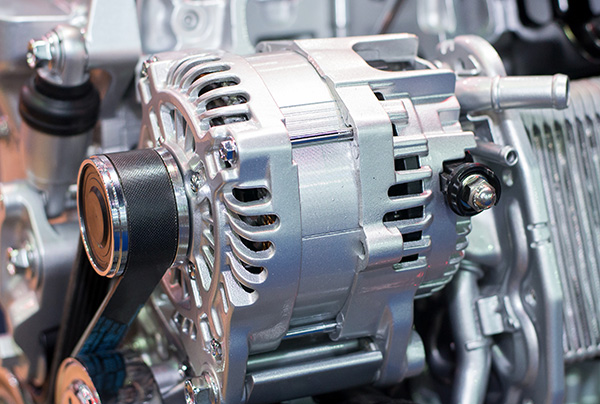
Your car’s alternator is one of those components you rarely think about—until something goes wrong. It plays a crucial role in keeping your battery charged and powering essential electrical systems, from your headlights to the radio. But when the alternator starts failing, it doesn’t always give obvious warning signs right away. Many drivers don’t realize there’s an issue until their car suddenly won’t start, or worse, shuts down while driving. Understanding how your alternator works, recognizing early warning signs, and knowing how to prevent alternator failure can save you from the frustration of getting stranded. What Does the Alternator Do The alternator is responsible for generating electrical power and charging the battery while the engine is running. It converts mechanical energy from the engine into electricity, which is then distributed to the car’s electrical components. Without a functioning alternator, the batter ... read more
Posted on 2/28/2025
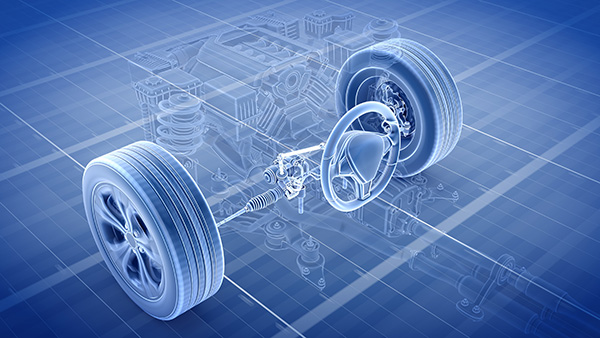
Hearing a clicking noise when turning your car can be unsettling. It’s easy to brush it off as a minor annoyance, but that sound often signals an underlying issue that shouldn’t be ignored. Whether it’s coming from the front or rear of the vehicle, a clicking noise can indicate anything from worn-out suspension components to failing CV joints. The sooner you identify the cause, the better you can prevent further damage. What Causes a Clicking Noise When Turning Clicking sounds don’t just appear out of nowhere. They’re often linked to parts that experience heavy wear over time. The most common culprits include: Failing CV Joints Constant velocity (CV) joints allow your wheels to flex while maintaining a consistent power supply from the engine. Over time, these joints wear down, especially if the protective boot covering them cracks or leaks. When grease escapes, dirt and moisture get inside, leading to deterioration. If ... read more
Posted on 1/31/2025
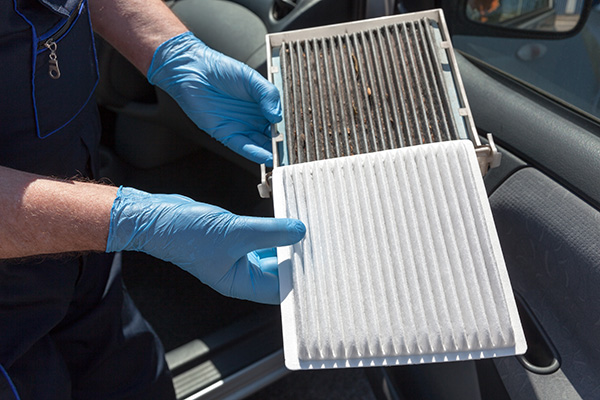
Your car’s air filters might not seem like the most exciting part of your vehicle, but they’re essential for keeping your engine running. They protect your engine from dirt, debris, and other particles that can cause serious damage over time. Neglecting these filters can lead to performance issues, increased fuel consumption, and even costly repairs. So, why is it so important to keep an eye on your car’s air filters? The Role of Your Air Filters Your car has two primary air filters: the engine air filter and the cabin air filter. Both serve specific purposes but are equally important. The engine air filter prevents harmful particles like dirt, dust, and debris from entering the engine. Without it, these contaminants could clog the engine’s components, reducing its efficiency and lifespan. A clogged engine air filter can also restrict airflow, leading to poor fuel combustion and lower overall performance. The cabin air filter, on the other h ... read more
Posted on 12/20/2024
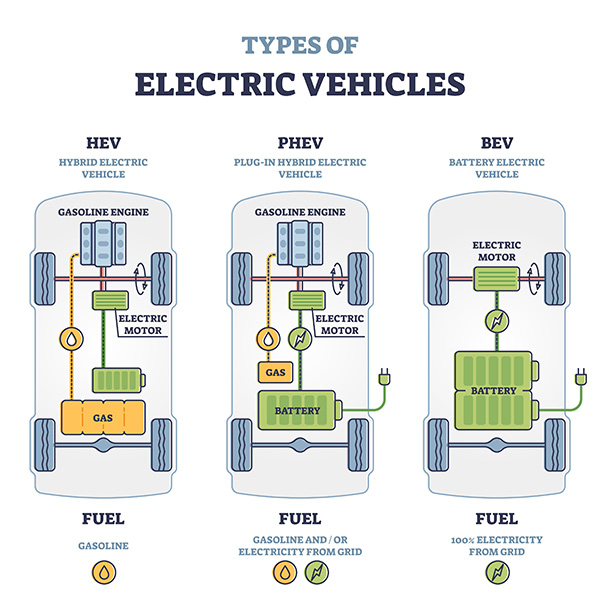
Hybrid vehicles are becoming increasingly popular, sparking interest and curiosity about their unique features. Are they the future of automobiles or just a temporary trend? These cars combine a traditional internal combustion engine with an electric motor, offering distinct advantages and drawbacks. Whether you’re interested in a hybrid for its eco-friendly reputation or want to learn more about its real-world performance, it's important to weigh the pros and cons before making a decision. The Benefits of Owning a Hybrid Vehicle One of the biggest reasons drivers are drawn to hybrids is the promise of better fuel efficiency. But that’s not the only perk these cars bring to the table. Let’s dig into the advantages. Fuel Savings That Add Up Hybrids shine when it comes to saving money at the pump. By using both an electric motor and a gasol ... read more
Posted on 11/29/2024

Winter driving brings its own set of challenges, and foggy windows are at the top of the list. As temperatures drop, it’s common to see car windows cloud up, making it difficult to see the road clearly. Not only is it annoying, but it also poses a serious safety risk. Luckily, there are effective ways to keep your car windows clear and fog-free. Why Do Car Windows Fog Up in Winter Foggy windows are caused by the difference in temperature and humidity between the inside and outside of your car. In winter, the air inside your car is typically warmer and moist, while the outside air is cold and dry. When the warm air inside meets the cold glass, it condenses, creating that all-too-familiar fog on your windows. To stop it from happening, the goal is to balance the temperature and humidity inside your car or keep the glass itself warm enough to prevent condensation. 1. Use the Defroster and Heater Properly Using your car's defroster is one of ... read more
Posted on 10/31/2024
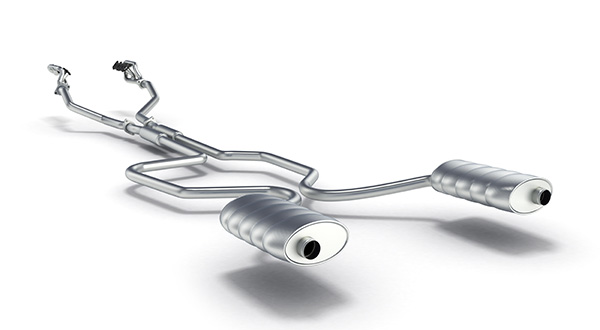
The exhaust system might not be the first thing you think about when maintaining your vehicle, but it's important for your car’s efficiency and safety. A well-maintained exhaust system reduces harmful emissions, optimizes fuel efficiency, and even affects engine performance. With proper care, you can extend the lifespan of your exhaust system and avoid breakdowns. Let’s take a closer look at how you can keep your car’s exhaust system in top condition. Why Is Your Exhaust System Important The exhaust system is more than just a pipe that channels fumes away from your engine. It consists of several components that work together to reduce emissions, keep engine noise down, and ensure toxic gasses like carbon monoxide are directed away from your car’s interior. A malfunctioning exhaust system can lead to harmful pollutants being released into the atmosphere, poor fuel efficiency, and even engine damage. Regularly maintaining this system is cru ... read more
Posted on 9/27/2024
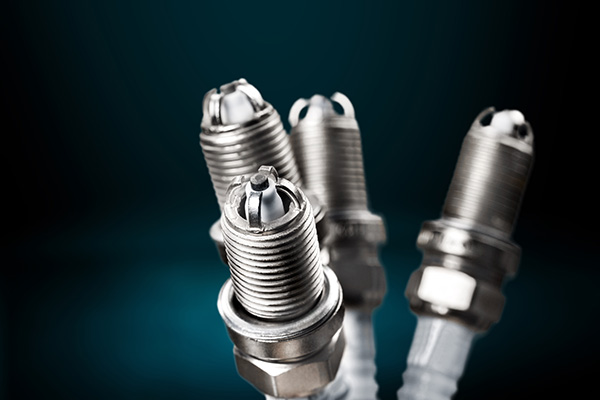
Keeping your car running is all about maintenance, and one part that often gets overlooked is the spark plugs. These small components might seem insignificant, but they are crucial to your engine’s performance. Spark plugs provide the spark that ignites the air-fuel mixture in the engine, which in turn powers your car. If they aren’t working properly, your car might experience a range of issues—from reduced fuel efficiency to rough starts and engine misfires. So, how often should you change your car’s spark plugs? Spark Plugs and Their Lifespan First things first, it's important to know that spark plugs don’t last forever. Over time, they wear down due to constant exposure to heat, pressure, and combustion within the engine. The material of the spark plug plays a big role in its lifespan. Standard copper spark plugs typically last around 20,000 to 30,000 miles, while more durable platinum or iridium plugs can last anywhere from ... read more
Posted on 8/30/2024
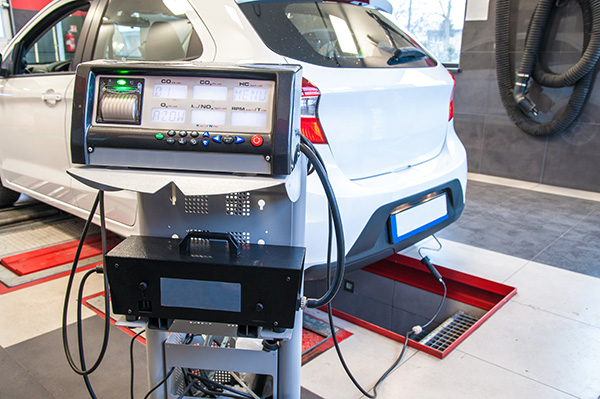
If your car has recently failed the smog test, you're probably feeling a mix of frustration and concern. A smog test failure isn't just a nuisance. It can indicate underlying issues with your vehicle that need immediate attention. Whether it's due to high emissions or malfunctioning components, addressing the problem promptly is crucial. So, what should you do when faced with this predicament? We have prepared a list of the essential repairs and steps you need to take after a smog test failure. Smog Test Failure Before we get into the specifics of repairs, it's important to understand why vehicles fail smog tests in the first place. Smog tests are designed to measure the amount of pollutants your car emits. These tests typically check for hydrocarbons (HC), carbon monoxide (CO), and nitrogen oxides (NOx). If your car emits too much of any of these pollutants, it will fail the test. Common reasons for failure include issues with the engine, fuel system ... read more
Posted on 7/26/2024
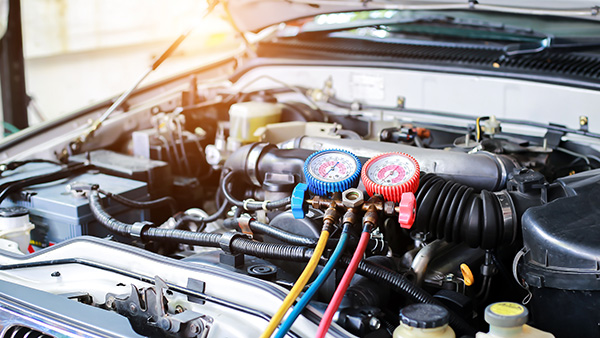
We all love the comfort of a cool breeze on a hot day, especially when driving. However, it can be incredibly frustrating when your BMW's air conditioning (AC) system stops blowing cold air. Not only does it make your ride uncomfortable, but it can also be indicative of underlying issues with your vehicle. Let's look into the common reasons why your BMW AC might not be functioning as expected and what you can do about it. 1. Low Refrigerant Levels One of the most common reasons for an AC system not blowing cold air is low refrigerant levels. The refrigerant is crucial as it circulates through the AC system, absorbing heat and providing the cool air you need. Over time, the refrigerant can escape through tiny leaks in the AC system. These leaks can be caused by wear and tear or damage to the AC components. When the refrigerant level is low, the AC system can't cool the air effectively. Regular maintenance checks can help spot leaks early and ensure adequa ... read more